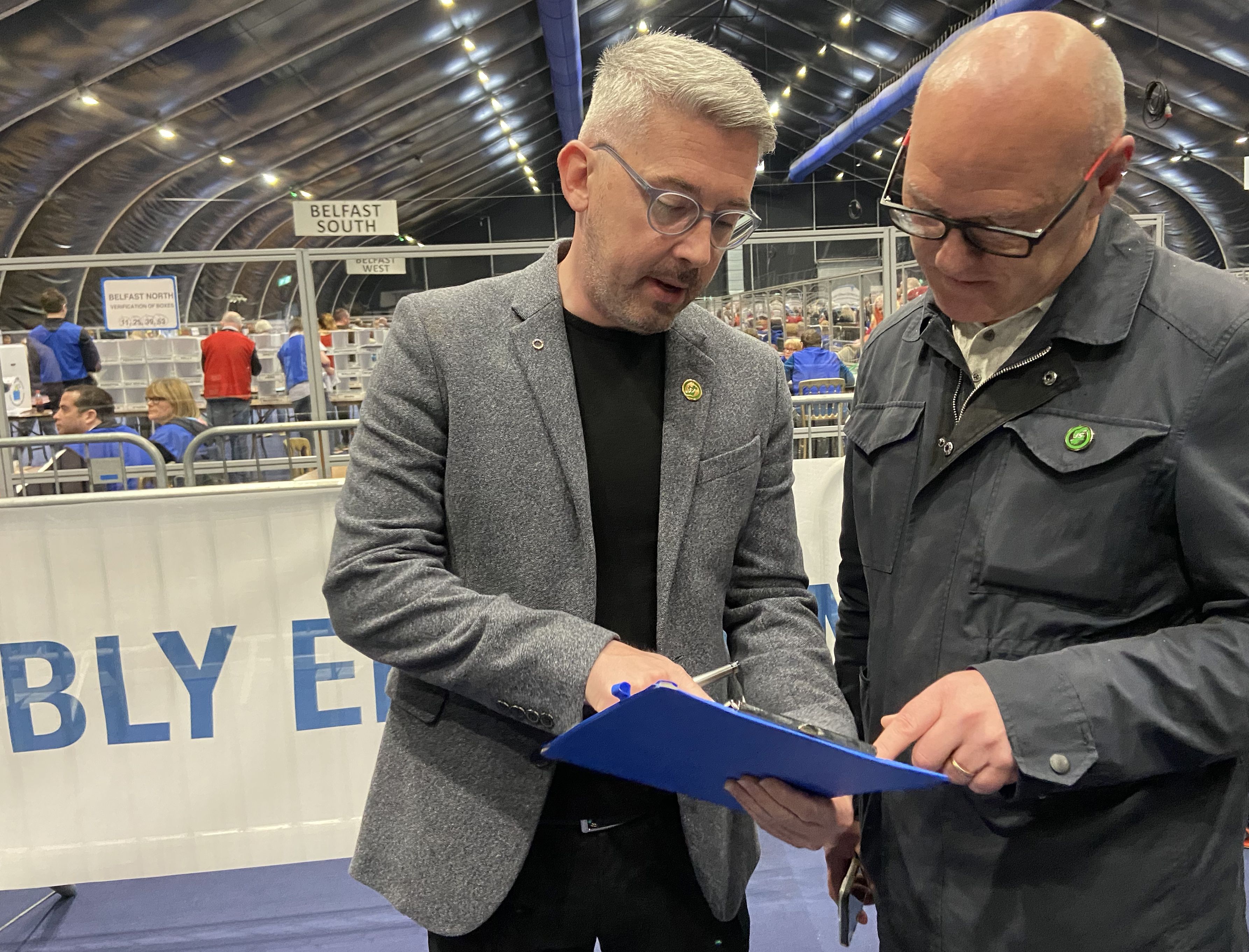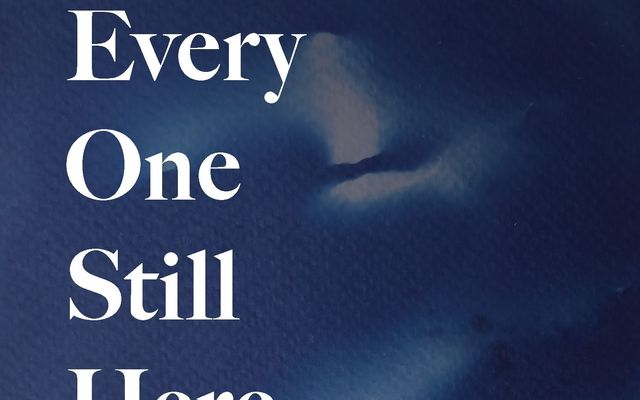THE Taoiseach has confirmed that two referendums could be held as early as next year on gender equality in the Republic.
Earlier this year Minister Simon Coveney said that the Covid pandemic had set dates for other planned referenda back. One referendum that was planned before the coronavirus outbreak was on the plan for people living in Northern Ireland and the Irish diaspora around the world to vote in future Irish Presidential elections.
Sinn Féin Senator Niall Ó Donnghaile is eager for the government to set a date for that referendum so that Irish citizens living in the North and overseas can vote during the 2025 Presidential election.
“Keep in mind that it is a Programme for Government commitment," he said. "Parties have indicated their support for it and if you go back to 2014 the Constitutional Convention agreed overwhelmingly that the vote should be extended to citizens outside the State, so I suppose in the context of recognising the fall-out of Brexit and ensuring that citizens have rights, citizens have franchise – remember Leo’s famous statement that people in the North would never be left behind again by an Irish government – then I think that it’s time,” he said.
The Short Strand man acknowledges that there has been little movement from the government on the issue since Covid.
☘️Next week the Irish Gov will travel the world & tell our global diaspora they are valued.🌍
— Senator Niall Ó Donnghaile 🇮🇪🇵🇸 (@NiallSF) March 6, 2022
They’ve promised to never again leave citizens in the North behind.
🗳The Referendum Bill to extend Presidential Voting Rights is on the Dáil Order Paper - they should introduce it now. pic.twitter.com/o3krhRRArL
“I’ve done my very best to keep this on the agenda at Leinster House and I have raised it directly with Varadkar and with Micheál Martin,” he said, “but I can understand in the context of Covid and everything else that has happened, certainly we all acknowledge that we need to reprioritise things but coming out of that now and we’ve got to the stage where referenda are now being spoken about by government, I do think it is time for them to outline a time-scale and a time-frame for that referendum to be held.
“As far as I am aware of, unless something substantial has actually changed, all the necessary research is done by departmental officials. The legislation is drafted because the Minister for the Diaspora has indicated that that is the case and as far as I’m concerned you can’t have the referendum until that legislation is passed – now once that legislation is passed the clock starts ticking but we need to have a clear outline from this government on when they intend to move it because apart from anything else the clock is ticking on the actual Presidential election itself, so if a referendum is held and it is won then people in the North and outside of the State won’t have a vote in the Presidential election for a further seven years, so it’s time that we had a serious discussion about this so Irish citizens across the board have an opportunity to vote for a President next time around.”
Does he fear that the Irish government have gone cold on the idea to hold a referendum.
“I would be concerned about that but I don’t think it would come as a surprise to Irish citizens in the North or the diaspora that they are not the number one priority for the Irish government. This is a modest ask, this is the most basic entitlement and it is a vote for what is essentially a ceremonial role for the First Citizen. So if the First Citizen is to be elected then the First Citizen should be elected by all the citizens so the Irish government need to understand that whether its people who have been forced to emigrate because of their atrocious policies around the economy and around housing and health or whether it's Irish citizens who are living in the North who as we know ironically can run for President and can be elected President but can’t vote for themselves.
An important referendum that @LeoVaradkar should be announcing the timeline for is the long-promised Presidential Voting Rights referendum.
— Senator Niall Ó Donnghaile 🇮🇪🇵🇸 (@NiallSF) September 7, 2023
This PfG commitment must be delivered to ensure citizens outside of the State are enfranchised to vote for their Uachtarán. pic.twitter.com/VunAzbAIJg
“First of all they have to indicate that this is a programme for Government commitment that’s going to be fulfilled, because they announced it and they told us that the legislation is there, so whether they want to start it in the Dáil or whether they want to start it in the Seanad it needs to come, because like any referendum we need to have all the information laid out there for people.
“Like a lot of the big change referendums of recent years I think this could be a really inclusive, positive, celebratory event that recognises the importance of citizenship; that recognises that Irish people in the North have rights; recognises that the Irish diaspora around the world have a connection and a value and a merit much more than just an expectation that in times of economic difficulty will ask to come home and spend a few pound. I think it would be really important now much like the referendum on gender equality that has been talked about by the Taoiseach."








